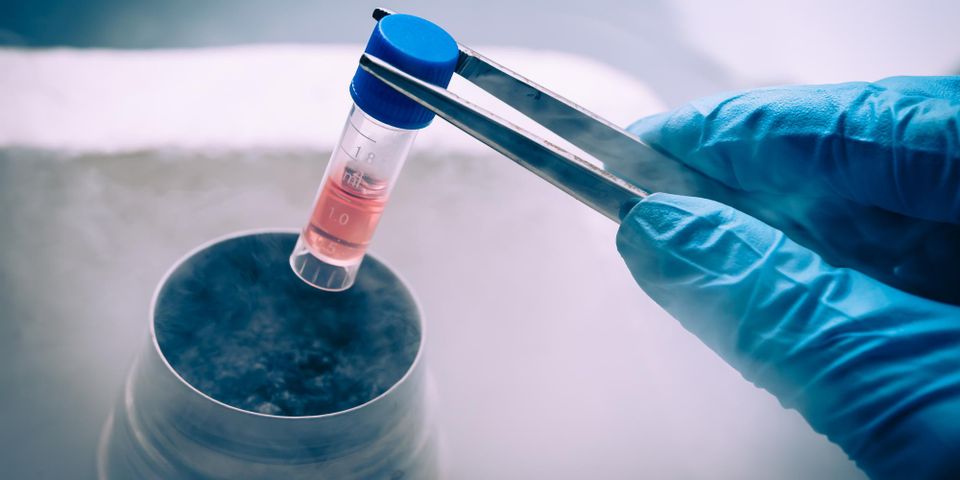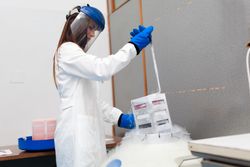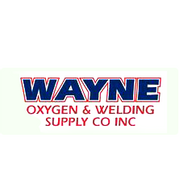How to Stay Safe When Using Medical Nitrogen

Medical nitrogen is used to support surgical techniques and store living tissues. However, to go from its compressed gas form to a liquid state, it must be cooled to an extreme temperature. Therefore, health care workers who deal with this product must handle it according to the following guidelines.
5 Liquid Nitrogen Safety Tips for Health Care Professionals
1. Inspect the Tanks
Before moving, using, or storing medical nitrogen, check the condition and functionality of the tank’s pressure relief valve. A broken or blocked valve allows excessive pressure to build in the container, increasing the risk of explosions. Never handle a damaged tank.
2. Protect Your Body
 Medical nitrogen is hundreds of degrees below freezing. This extreme temperature can cause frostbite upon contact, as well as tissue injuries in the eyes and skin.
Medical nitrogen is hundreds of degrees below freezing. This extreme temperature can cause frostbite upon contact, as well as tissue injuries in the eyes and skin.
For this reason, never handle this material without the proper protective gear. This includes a face shield, goggles, closed-toe non-absorbent shoes, insulated cryogenic gloves, cuffless pants, and a non-absorbent long-sleeve shirt or apron.
3. Use the Appropriate Tools
Some items cause dangerous reactions when exposed to liquid nitrogen. Glass and plastic, for instance, can shatter and pose risks to nearby individuals. Warm containers, on the other hand, may cause the nitrogen to boil and splash.
To prevent such reactions, only use tools designed for cryogenic applications.
4. Prioritize Stability
Due to the combustible nature of compressed gasses, nitrogen should remain stable during transportation. This means keeping the tank upright and secured to prevent it from falling over.
If the container is wheeled, the wheels should be intact to minimize bumps. Avoid pulling motions, uneven surfaces, and stairs for the same purpose. When you carry the container, firmly hold the handles away from your body and avoid crowded areas.
5. Store Correctly
To prevent freezing and tank damage, store the nitrogen in a secure, insulated area free of moisture and heat sources.
If the nitrogen leaks, it can decrease oxygen levels and increase the risk of suffocation, so keep the tanks in well-ventilated rooms.
With locations in Waynesboro, Charlottesville, and Harrisonburg, VA, Wayne Oxygen & Welding Supply Co. supplies medical nitrogen. Always putting client safety first, these professionals take care to fill, store, and transport tanks with the highest level of care. They package all cryogenic liquids in well-tested, safe cylinders designed to support extreme cold. Learn more about their work with medical compressed gasses and liquids online, or call (540) 942-4145 to discuss your needs.
About the Business
Have a question? Ask the experts!
Send your question

